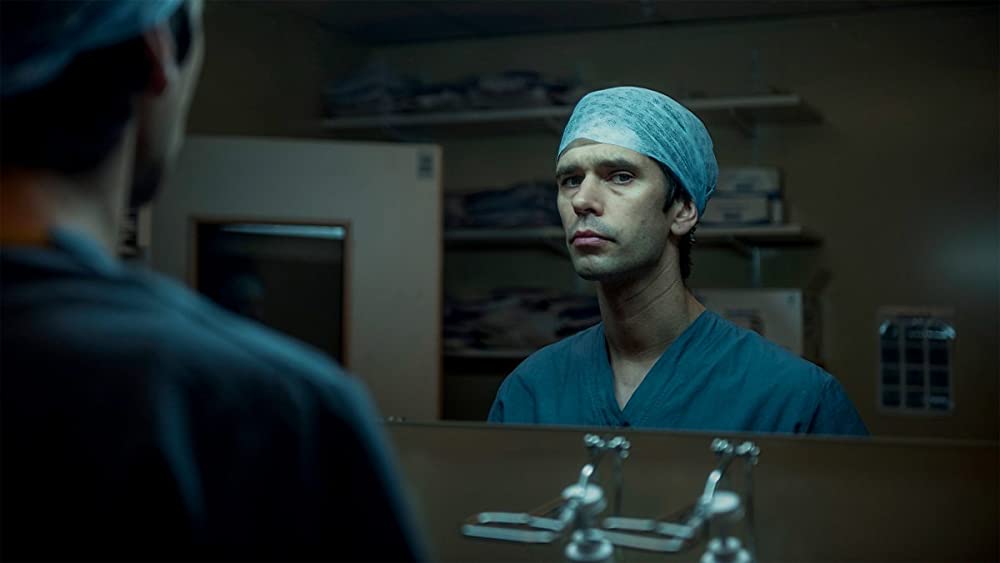By Oscar Bolot, First Year, Politics & International Relations
Set at the dusk of neoliberal bliss, circa Basil Brush and Tracy Beaker, Lucy Forbes’ and Tom Kingsley’s creative adaptation of Adam Kay’s memoir offers an eery depiction of our healthcare system. One criticising not just the NHS, its implicit hierarchies, and slave like conditions, but also those which remain within our society at large today.
Gore and all, it appears no punches were pulled by the BBC as viewers navigate the exhausting work endured by Adam, a junior doctor specialising in obstetrics and gynaecology, who finds himself incapable of balancing complex personal issues with the emotional fatigue associated with frontline NHS work.

A distinctive element of the series lies in its consistent lack of plot resolution, as viewers are offered few significant narrative trajectories which are identifiable as satisfactorily concluded. Rather, the genius of the show lies in the chaos it depicts; incident after incident follow one another, often with no shown conclusion, but within seconds those watching are directed to the next emergency, with little time to emotionally digest the last trauma.
The series, in effect, makes a mockery of the national work - life balance, arraying a vast scope of traumatic avenues stemming from an overworked, underpaid labour pool. From the misery of Adam’s romantic life to practitioner malpractice to coping with suicide, no aspect of Adam’s personal life remains hidden from of the implications of work induced stress, or, indeed, the viewers distraught gaze.

Viewers are shown two distinct coping mechanisms within this structure, namely, laughter or suicide. This is Going to Hurt presents dark comedy as a potential emotional defence for NHS workers, with senior nurses and doctors alike indulging in the same prolific satire, perhaps hoping that fleeting amusement can offset the stress with which they are confronted on a daily basis. Adam’s love life is riddled with the same emotional disconnect as his humour, as he struggles to suppress workplace trauma, refusing the potential outlet offered by his fiancé (Rory Byrne) leading to an uncomfortable, albeit inevitable, separation.
When sanity is introduced to this framework, most notably through Ambika Mod’s brilliantly orchestrated character Shruti, viewers soon appreciate the toxicity integral to the NHS’ internal hierarchies. Expecting to balance her work load, personal life and parents’ expectations, Shruti is abruptly denied these possibilities when she’s thrown head first into the morbid clinical abyss. What started as naive optimism quickly descends into a frantic depression, as the NHS fails to provide Shruti with emotional recourse exterior to her superiors, most obviously the indifferent Miss Houghton.

Confronted by the awfulness of her swim - or - drown work environment, Shruti chooses the latter in a disturbing penultimate episode, erecting a tearful metaphor for the failings of not only our healthcare structure, but society too, in dealing with a fundamentally exploitative system.
Thought - provoking, disturbing, and brutal; This is Going to Hurt offers an insightful TV experience for viewers looking to replicate both the ups and downs of a shift in an NHS ward. Though, unlike many NHS staff, we just walk away from the experience, this show guarantees vicariously acquired feelings of guilt, anger, frustration and, ultimately, gratitude, long after your device is switched off.
Featured Image: IMDB
What did you think of this medical drama?







